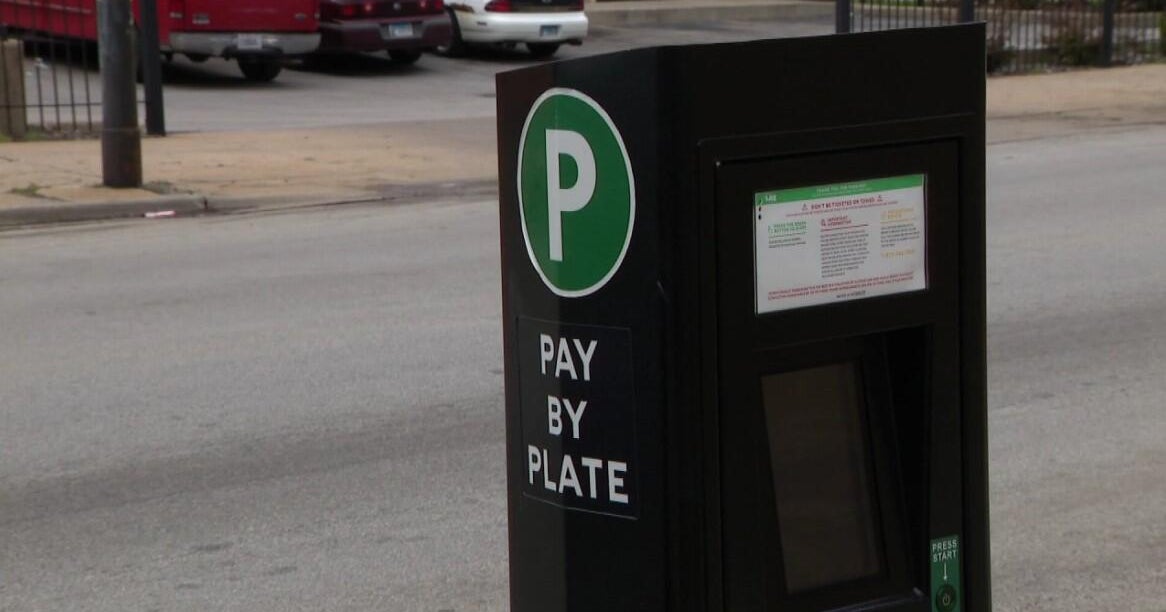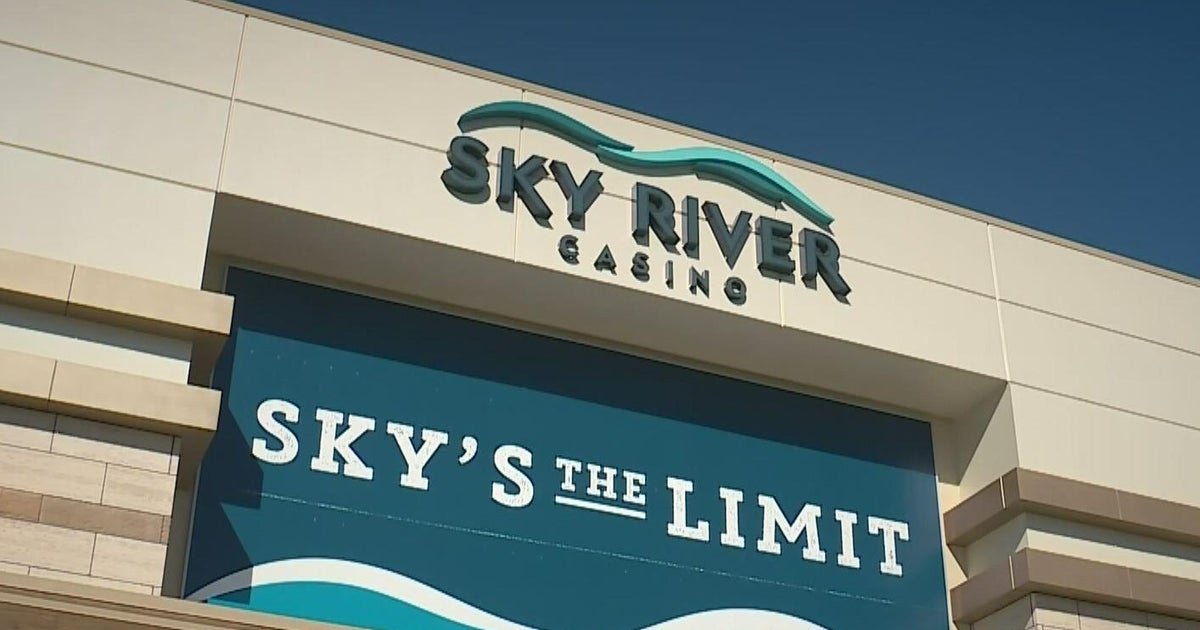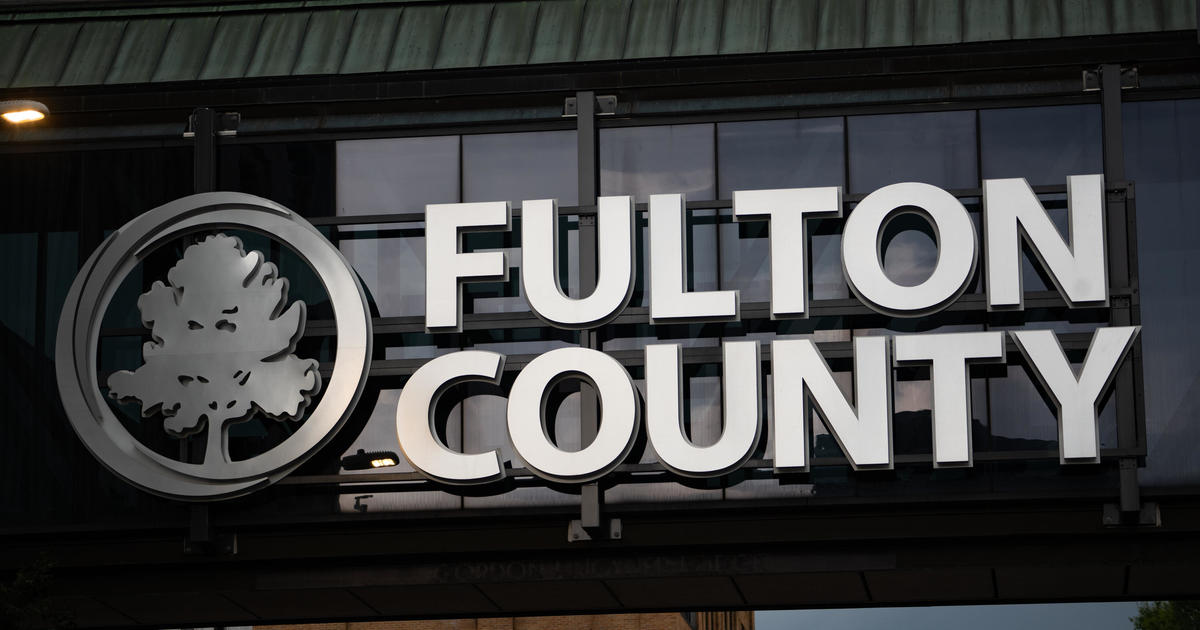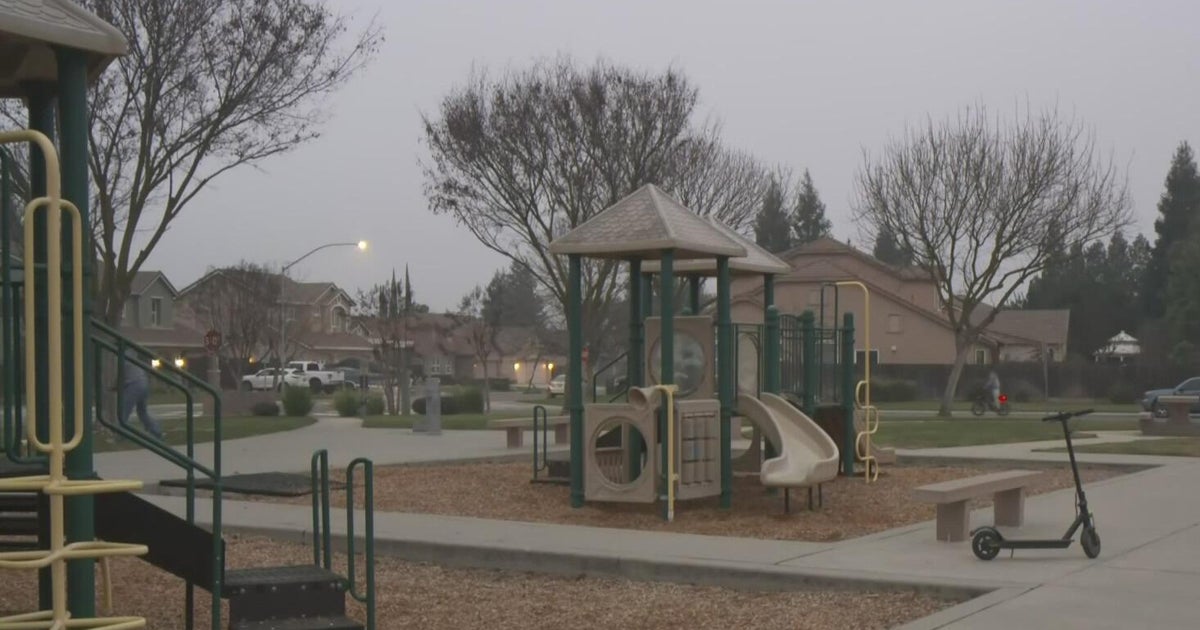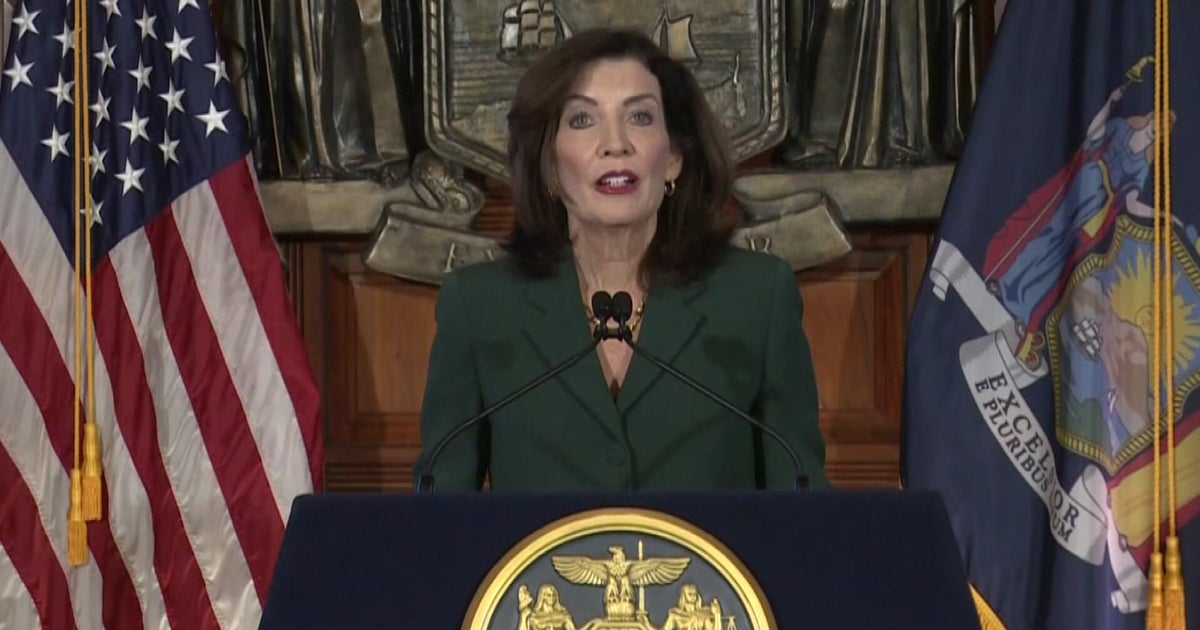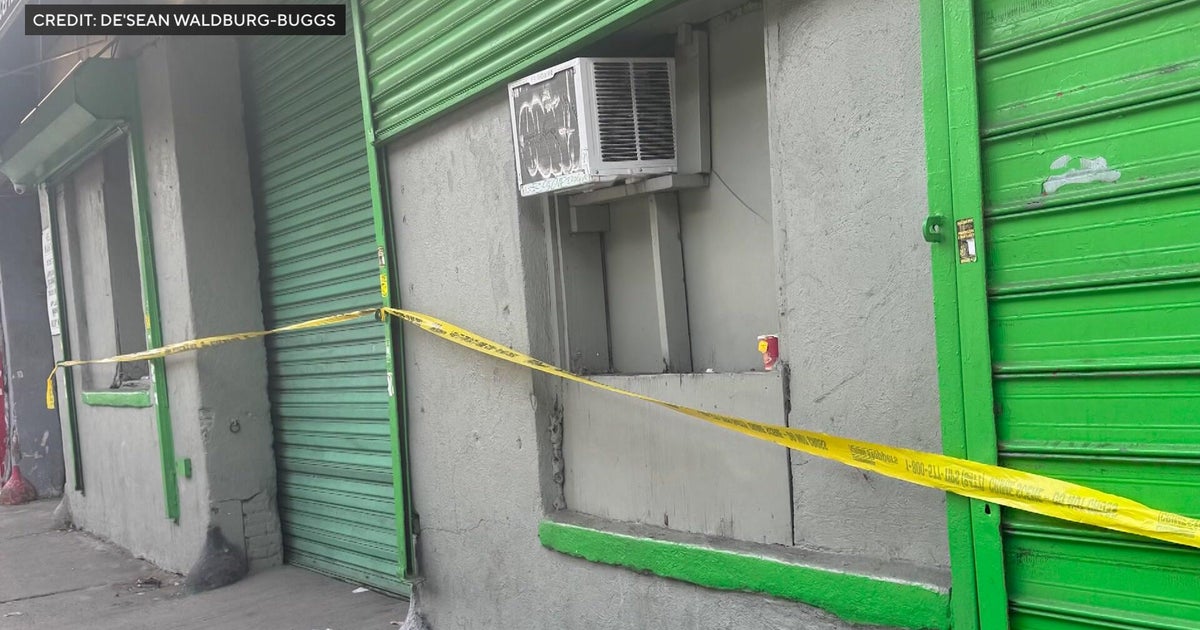First vote on Bally's plan for River West casino delayed, amid ongoing questions, complaints from aldermen
CHICAGO (CBS) -- The first expected vote on Mayor Lori Lightfoot's push for Bally's to build a $1.74 billion casino in River West was called off on Friday, as aldermen continued to raise questions about the project, but the mayor is still hoping to get it approved by next week.
The City Council's Special Casino Committee had been expected to vote on the plan to build the casino at what is now the Chicago Tribune's printing plant and newsroom near Chicago Avenue and State Street, but early in the meeting, chairman Ald. Tom Tunney (44th) acknowledged the votes weren't there yet to send the project to the full council.
Instead, Tunney said the plan is to try for a vote on Monday. The full City Council is already scheduled to meet at 10 a.m., and Tunney said the plan is to recess that meeting by 1 p.m., so the Special Casino Committee can meet for a vote, and send it to the full City Council, which would reconvene at 4 p.m., and then "defer and publish" the committee's recommendation, paving the way for a final vote by the full council at 10 a.m. on Wednesday.
Aldermen spent several hours Friday grilling the mayor's team on the casino project, including complaints that the city is rushing to get the plan approved, and concerns that both the permanent casino and a temporary casino in River North would increase crime and traffic.
Lightfoot said she had no problem with delaying a vote on the casino project until Monday.
"We feel very confident that we have the votes to make sure that this gets over the hurdle, but a number of members said that they wanted to take a little bit more time to read the documents," she said. "We have to make sure that they're comfortable, that they've got all the information they need. This is a very big decision that the City Council, all 50 of them have to make, and we want to make sure that we're responsive to what they've said, which is can you give us a little more time."
Lightfoot said her staff will be ready to answer questions from aldermen throughout the weekend, ahead of an expected vote on the casino plan on Monday.
"I think it's a good thing that the council has this additional opportunity, but I'm anxious obviously to get a vote," she said.
However, Special Casino Committee chair Ald. Tom Tunney (44th) left the door open to possibly holding up that vote on Monday, if there are still too many unanswered questions from aldermen.
"I will get the temperature out, we will figure out what the will of the body is, and take one day at a time," Tunney said. "A number of members seem to be in support of it, but I hope we can get, not every answer, we're not going to get every answer resolved, but I think for the majority of our committee members, I think by Monday I'll get a sense of whether they want to move it on Monday."
Tunney said he would be working with the mayor's office over the weekend to answer aldermen's concerns before a possible vote on Monday.
"There was a lot of feedback, and I would say at least half were very concerned, and I think we still have a lot of work to do in terms of ameliorating their concerns as we move forward, but we need to move forward, too," Tunney said.
Lightfoot is counting on the casino project to ultimately bring in $200 million a year to help shore up the city's underfunded police and fire pension systems.
The mayor said she wants to get a temporary casino up and running as quickly as possible, to get casino tax revenue flowing into the city's coffers, and avoid having to seek a property tax hike to make up the difference.
"The City Council vote is not the end of the journey. It's an important milestone, to be sure, but it's not the end of the journey. We still have to present this to the Plan Commission, and get through some other regulatory groups here in the city, and then it will go to the Illinois Gaming Board," she said.
While Ald. Walter Burnett (27th), whose ward includes the proposed casino site, has thrown his full support behind the proposal, three neighboring alderpersons – Brian Hopkins (2nd), Brendan Reilly (42nd), and Michele Smith (43rd) are against the Bally's plan.
While Burnett has not been enthusiastic about building a casino in his Ward, he has said he supports the project in order to avoid a significant property tax increase that would be needed to help fund police and fire pensions without the casino money.
Lightfoot is counting on the city's first casino to help shore up the city's underfunded police and firefighter pension systems, with approximately $200 million in annual tax revenue.
Another $200 million in annual tax revenue would go to the state.
The project also is expected to be a boon for the city's economy, by bringing in new tourism revenue, while creating an estimated 3,000 construction jobs and 3,000 permanent jobs at the proposed casino resort, which would include the casino, hotel, and more. Bally's has promised 60% minority hiring.
According to the mayor's office, Bally's has completed an agreement with the city's labor unions regarding the various casino jobs, which the mayor and aldermen have said would be necessary for the casino project to move forward.
Bally's proposal calls for a $1.74 billion casino at the 30-acre Chicago Tribune Freedom Center publishing plant along the Chicago River near Halsted and Ohio streets.
The Chicago Tribune prints its newspapers – and some competitors' newspapers – at the Freedom Center, but its lease at the site runs out in June 2023, with an option to renew for 10 years. But Bally's also holds an option to purchase the site.
The casino project would include 3,400 slot machines and 173 table games; a 500-room hotel; several locally-owned restaurants and cafés, as well as a food hall; three bars and lounges; a 3,000-seat theater; an extension of the city's Riverwalk, along with a 70,000-square-foot riverfront entertainment venue; 20,000 square feet of exhibition space; a sports museum; and an outdoor/rooftop space with bars, lounges, and pools.
Bally's is also planning on 30 traffic improvement projects. They include adding new traffic signals for entry roads going east from Halsted Street just south of Chicago Avenue, and going south from Chicago Avenue just east of Halsted Street. New signals are also planned for entry roads that run north from Grand Avenue east of Halsted Street.
Also planned is the modernization of traffic signals directly at Halsted Street and Chicago Avenue, and also at Halsted and Erie streets and at Milwaukee Avenue, Ogden Avenue, and Chicago Avenue to the west.
There are also plans for new pedestrian signals at Chicago Avenue and Halsted Street; Grand Avenue at Halsted Street, Desplaines Street, and Jefferson Street; and Halsted and Superior streets.
The casino operator is also planning crowdfunding, where Chicagoans can buy fractional ownership of the facility.
The Bally's bid for this site includes a temporary facility at the Medinah Temple in the River North neighborhood. Originally, Bally's had planned that temporary casino at a site adjacent to the Freedom Center by retrofitting an existing building, but city officials said the Medinah Temple was chosen instead due to its proximity to mass transit, and existing retail and hospitality corridors.
According to a city evaluation report, Bally's expects to open the temporary casino at Medinah Temple in the second quarter of 2023, with the permanent casino likely to open by the first quarter of 2026.
The Medinah Temple was built in 1912 for the Masonic Order of the Mystic Shrine on Wabash Avenue – then called Cass Street – between Ontario and Ohio streets. The ornate Moorish revival building originally housed a 4,200-seat auditorium that over the decades featured events such as the annual Shrine Circus, Chicago Symphony Orchestra recordings, concerts featuring A-listers, and live performances of the radio show "A Prairie Home Companion" with Garrison Keillor. The auditorium featured a 92-rank Austin pipe organ.
In 2001, the Medinah Temple and neighboring Tree Studios artists' residence were redeveloped, and in 2003, a Bloomingdale's Home and Furniture store opened in the Medinah Temple building. The Bloomingdale's store closed in 2020 and the building is now vacant.
The choice to house the temporary casino at Medinah Temple if the mayor's plan is approved is a big victory for its current owner, Friedman Properties.
River North developer Albert Friedman donated $600,000 to Mayor Lightfoot's campaign the same day she narrowed casino bids from five to three.
But with the Medinah Temple being right next to the Grand Avenue CTA Red Line stop, neighbors say they worry a casino there will just add to River North crime – which is already seeing a major spike.
"It is unimaginable that adding a casino is going to make that better somehow," said Brian Israel, president of the River North Residents Association.
Reilly also has vehemently objected to putting the temporary casino in Medinah Temple, and has compared the mayor's overall push for City Council approval of the Bally's casino bid by the end of the month to the infamous sale of the city's parking meters in 2008.
"The last time we were given less than two weeks to vet and approve a deal, it blew up in our faces - and it was called the parking meter deal," he said.
The parking meter deal came around in December 2008 under Mayor Richard M. Daley. The city leased its parking meters to Chicago Parking Meters LLC in a 75-year deal for about $1.16 billion in a move that has been controversial ever since.
The city says the reason they are pushing this so hard is that after City Hall, the state gaming board still needs to weigh in - and they would like to be able to use those Bally's dollars for next budget year.
Some members of the City Council have said the approval process for the casino is moving way too fast, with others saying they and the community are being excluded from what may be one of the largest projects in city history.
Lightfoot has said aldermen have had ample opportunity to weigh in on the casino proposals since they were first unveiled in November, including at community meetings organized for each bid, and multiple closed-door briefings with the mayor's team.
Bally's was one of three finalists for the casino complex, after a total of five bids were submitted to the city in November. The other two finalists were from Rush Street Gaming, for a Rivers Casino in the new development project known as The 78 near the South Loop and Chinatown; and a Hard Rock proposal to build a casino over train tracks in the proposed One Central development near Soldier Field.
Those other finalists were vehemently opposed by the aldermen in whose wards they would have been located.
Lightfoot pushed back against critics of the selection process, suggesting they were upset because they might have supported one of the other finalists.
"Some of what you're hearing is people who've staked their allegiance with proposals that didn't make it through the finalists. It's typical of folks that weren't successful to attack the process," she said.
Some aldermen have indicated they preferred a casino be built at or near McCormick Place, but the mayor's evaluation committee eliminated two such bids from the five proposals when narrowing the list down to three finalists earlier this year.
Bally's was the only casino finalist to offer an upfront payment to the city as part of their bid, a $25 million payment to the city. According to the mayor's office, that initial offer has been increased to a $40 million upfront payment, and an annual $4 million payment thereafter.


